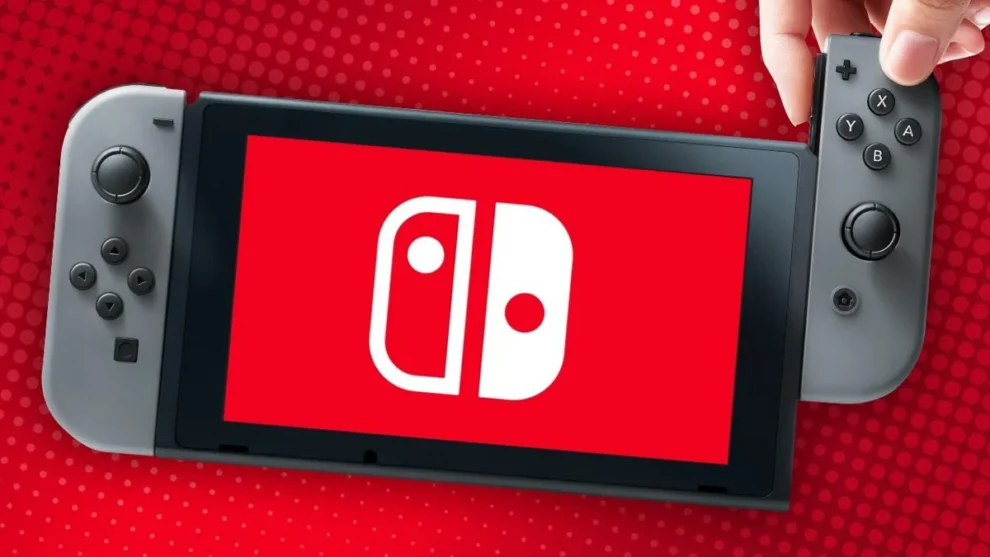Nintendo, the renowned Japanese video game company, has unveiled its strategy to tackle the anticipated scalping issue with the upcoming Switch 2 console. President Shuntaro Furukawa, during a recent investor Q&A session, emphasized the company’s commitment to producing a sufficient quantity of consoles to meet consumer demand at launch.
A Familiar Challenge
Scalping, the practice of reselling high-demand products at inflated prices, has plagued the gaming industry for years. The launch of the original Nintendo Switch in 2017 was marred by limited supply, creating a fertile ground for scalpers who capitalized on the scarcity.
Furukawa acknowledged this issue, stating, “As a countermeasure against resale, we believe that the most important thing is to produce a sufficient number to meet customer demand, and this idea has not changed since last year.”
Lessons Learned from the Past
Nintendo’s approach stems from lessons learned during the production and launch of the original Switch. The company faced significant challenges in meeting demand due to component shortages, particularly semiconductor chips. These shortages, exacerbated by the COVID-19 pandemic, created an environment where scalpers thrived.
However, Furukawa assured investors that the situation has improved, saying, “Although we were unable to produce sufficient quantities of Nintendo Switch hardware last year and the year before due to a shortage of semiconductor components, this situation has now been resolved.”
A Multi-Pronged Approach
While ensuring sufficient supply is the cornerstone of Nintendo’s strategy, the company is also exploring additional measures to deter scalping. These measures may vary depending on regional laws and regulations. Furukawa emphasized the importance of working within legal frameworks while addressing the issue.
Nintendo’s commitment to combating scalping aligns with its broader goal of providing a fair and enjoyable experience for all consumers. The company aims to ensure that genuine gamers can purchase the Switch 2 at its standard retail price, without having to resort to inflated prices on secondary markets.
The Road Ahead
Nintendo’s success in implementing this strategy will depend on various factors, including the accuracy of demand forecasting, production capabilities, and the effectiveness of any additional measures implemented. However, the company’s proactive approach and willingness to address the scalping issue head-on have been met with optimism from both investors and consumers.








